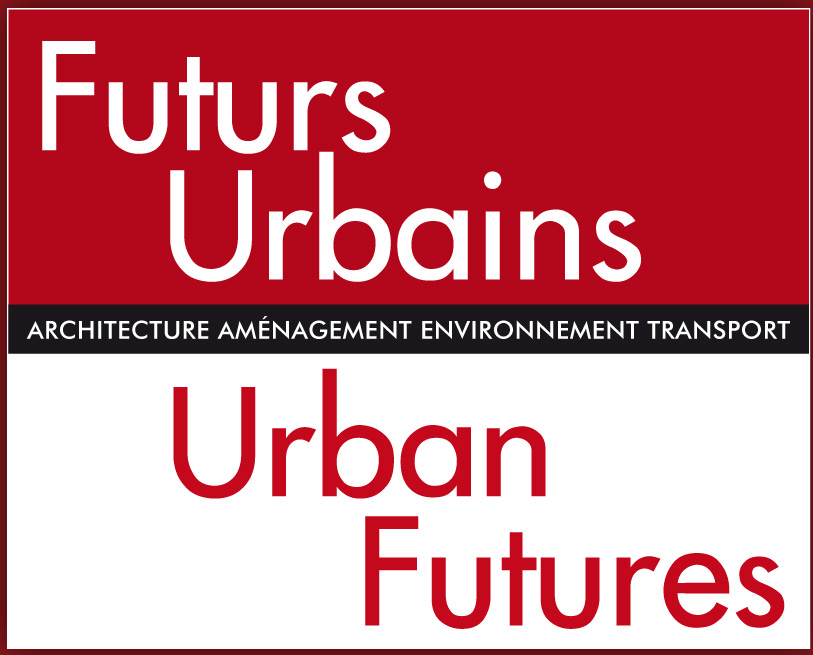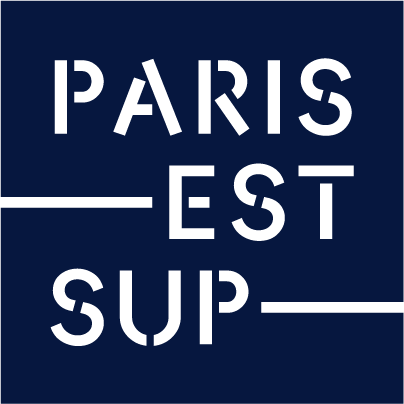Presentation of research project
The Group is transversal because it brings together researchers from several different labs and because it has made inter-disciplinarity a key part of its scientific approach. Research tackling the relations between urban production and markets in terms of the social, political and cognitive processes of commodification of human resources, the stakeholders and applications that underpin their exchanges, or, more traditionally, the coordination mechanisms used in setting prices, highlight significant diversity in methods and theoretical and conceptual approaches. Noting the heuristic potential of such scientific diversity, the working group aims to harness this to hot scientific debates in order to gain an understanding of contemporary urban issues.
Public-private arrangements and urban production: an area that needs to be (re)explored
The multiplication and diversification of relations between the public and private spheres make it necessary to identify the individual and collective bases of action of stakeholders involved in such arrangements, without neglecting historical trajectories. On the one hand, we are witnessing the extension and even the creation of new urban resource markets in sectors as varied as mobilities, housing, public spaces and services, but also things like access to digital data or landscape amenities. On the other hand, tight budgetary restrictions and austerity combine with scarce public investment and the deployment of increasingly entrepreneurial strategies to unlock the value of public real estate and resources.
As part of an approach that focuses closely on material, architectural and urbanistic forms produced by the wide range of these public/private arrangements, their effects on the production of urban forms need to be documented. To do this, we tackle the question of the design and circulation of any models, bases for programming guidelines for urban planning projects and the influence of private stakeholders on this programming. To find out more
A resolutely inter-disciplinary approach, a dual empirical and theoretical horizon
To guard against an artificially unified theoretical perspective on relations between the diversity of market-based approaches and urban production, we seek to place theoretical and epistemological dialogue at the heart of our approach insofar as it focuses on ways of knowing these relationships. Our collective brings together disciplines as diverse as architectural analysis and history, urbanism, economics, history, geography, sociology and political science. Far from constituting an obstacle to scientific practice, we feel that the diversity of these corpus, methods, practices, questions and purposes from one researcher and one research team to another, constitute a fertile environment in which to base our project.
Our group wishes to structure its reflections and activities around a number of major debates underpinned by alternative hypotheses concerning the links between markets and urban production and their transformation. This small number of debates will constitute the real methodological backbone of our working group. In-house, they will have a strong methodological function by acting as the common thread between various different workshops, research and study days. Therefore, each activity will become part and parcel of these debates and help to provide a response from both an empirical and a theoretical perspective. These debates will also play a role in showcasing the TG and making its research clearly identifiable. To find out more

